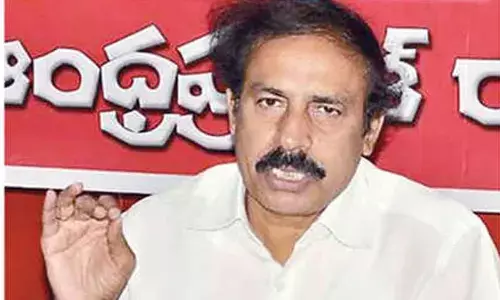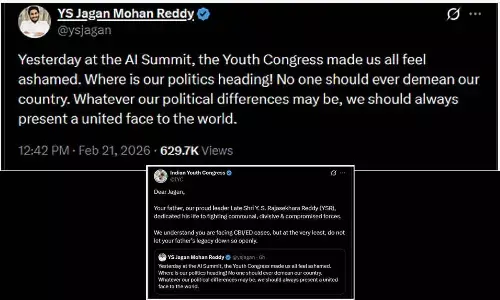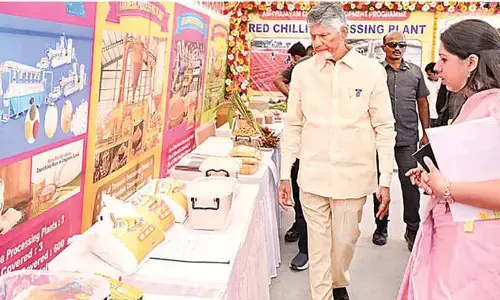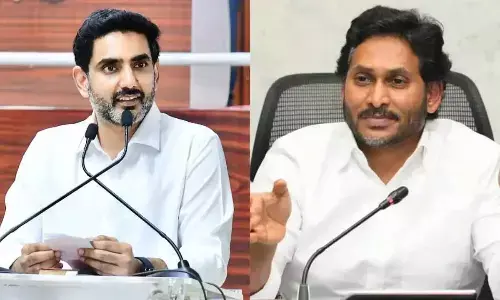Can we boycott Chinese goods?
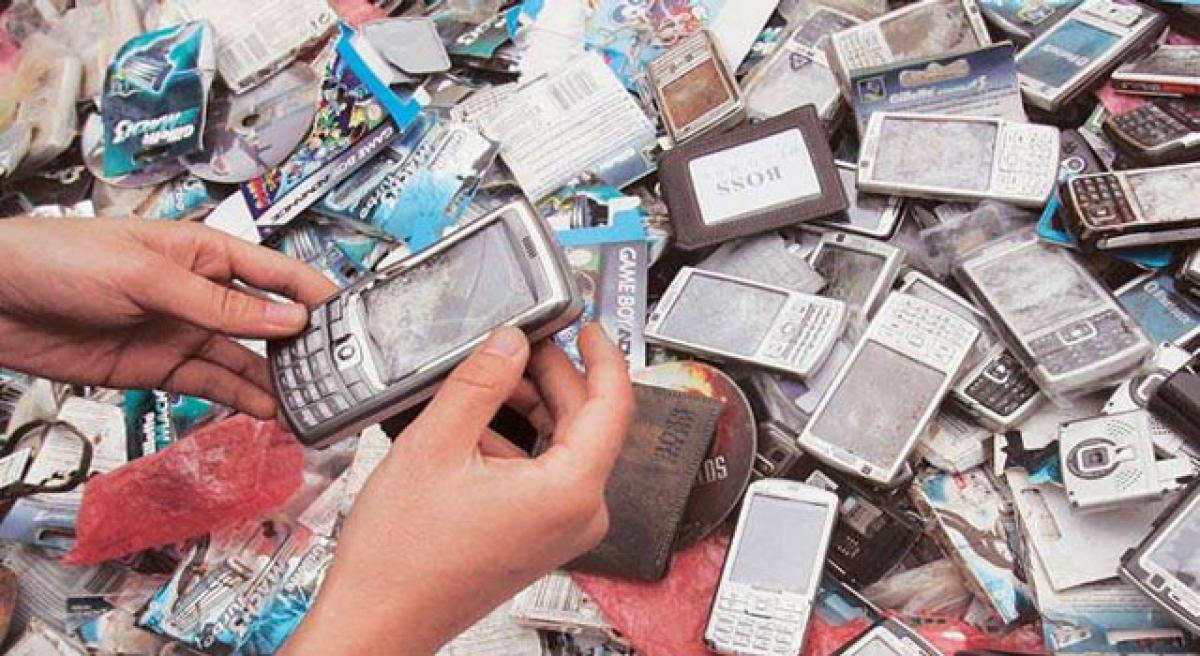
A demand is being raised that Indians should boycott Chinese products. Indeed, it is a matter of deep concern that our imports from China are nearly ten times our exports to that country. More alarming is the fact that our exports of goods has been shrinking continuously in the 18 months to May 2016.
A demand is being raised that Indians should boycott Chinese products. Indeed, it is a matter of deep concern that our imports from China are nearly ten times our exports to that country. More alarming is the fact that our exports of goods has been shrinking continuously in the 18 months to May 2016.
Our exports to Latin America, Commonwealth of Independent States (formerly Russia), and Africa contracted by about one-third in 2015. The problem, therefore, is not that our exports to China are less. The problem is that our exports are shrinking across the world. The cost of production is high in India and we are being priced out of the world markets. On the other hand, we continue to import goods in large quantities. Result is that we are running a huge trade deficit.
We are similar to the farmer who earns less from the sale of wheat but spends more in the purchase of a bike and a flat screen TV. The farmer earns less because infrastructure is poor. The corruption in the irrigation department leads to poor upkeep of the canal in his village. That leads to a lot of seepage and he does not get adequate water. He has to use diesel engine to draw water for irrigation, leading to an increase in his cost of production. The corruption in the PWD leads to poor repair of road in his village.
The road is dilapidated and the truck owner charges more for lifting goods from his village. He picks up labour in his trolley from the town but loses valuable working time in reaching them to the field because of these bad roads. His cost of production is more while price in the market is less. He is not able to make a profit from crop cultivation. However, he has two other sources of income.
He has sold part of land to a businessperson wanting to establish a factory. He has money from this sale. His son is working in the city and sending money home every month. He uses the money received from these sources to buy the bike and the flat screen TV. He lives a comfortable life despite agriculture being a loss proposition for him.
That is the state of our economy. We are earning less from the exports but spending more on the imports of Chinese electronics, Washington apples and Swiss chocolates. The infrastructure in the country is dilapidated. Businesspersons have to pay bribes to the inspectors from the labour, industries, electricity, GST, and weights and measures departments.
The push to digital India and GST has made lives of millions of small businessmen difficult. These have to spend more money and time in complying with the new regulations. Our farmers and businessmen are not able to stand up to global competition. Farmers and businessmen in other countries produce cheaper goods because infrastructure is good, and regulations are less cumbersome.
Therefore, price in the world market is less and we are unable to earn monies from exports. However, we are getting money from foreign direct investors who are buying land and setting up factories here. We have remittances coming from Indians working in the Gulf countries. We are using the receipts from these sources to import cheap electronics goods from China and living a comfortable life just as the farmer is using receipts from sale of land and from remittances from his sons and daughters working in the cities to live a comfortable life.
The Chinese model is altogether different. Their farmer earns more from the sale of wheat and spends less in the purchase of a flat screen TV. The canal in his village is maintained well and he has cheap water available at all times. The road to the village is good. He does not have to pay bribes to the electricity lineman. His cost of production is less than India. He sells large quantities of his produce in the market. He uses the money received from this sale to buy land in the city. His income is more and expenditure is less.
Another major difference in the Indian and Chinese models is of the nature of our bureaucracy. Both are corrupt but in different ways. One Indian importer of Chinese electrical goods told me that the Chinese government has provided a particular incentive to exports. The government refunds 5 to 7 per cent of the taxes paid if a single invoice is raised for exports of a full container of goods. There are no hassles. The exporter has to file the invoice with the authorities and the refund is received almost instantaneously.
There is corruption in that country but the corruption is anchored in encouraging businesses and exports. Say, a businessman wants land to set up a factory. Chinese officials will take bribes and make available the land worth Rs 10 lakh in Rs 5 lakh. The cost of production of the Chinese businessman is consequently less. Our bureaucracy, on the other hand, will create roadblocks.
They will take bribes to remove these roadblocks. Thus, the cost of the land for the Indian businessman becomes Rs 15 lakh. The Chinese bureaucracy takes bribes for putting mobil oil in the economy while the Indian bureaucracy takes bribes by applying brakes to the economy.
China’s income is from exports is more and expenditure for imports is less. They use the earnings for buying up properties in the United States. Chinese companies have purchase large plots of land in Africa. The Chinese government has purchased large amounts of bonds issued by the United States government and successfully put a noose around their neck.
Our trade deficit with China is mainly because of high cost of production which, in turn, is due to the roadblocks made by the bureaucracy to extract bribes. We must tackle this rot within rather than blame the Chinese for our woes. I support the call to boycott Chinese goods. But this will be counterproductive if we do not handle our bureaucracy first.
We must take measures to lower the cost of production for our farmers and businessmen. We must place the dream of buying the world before our countrymen. It will be good to boycott Chinese goods after we have repaired our internal governance. (Author was formerly Professor of Economics at IIM-Bengaluru)
By Dr Bharat Jhunjhunwala




